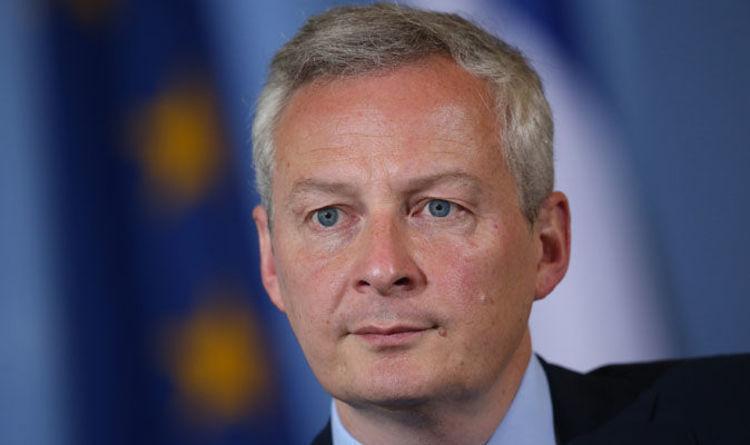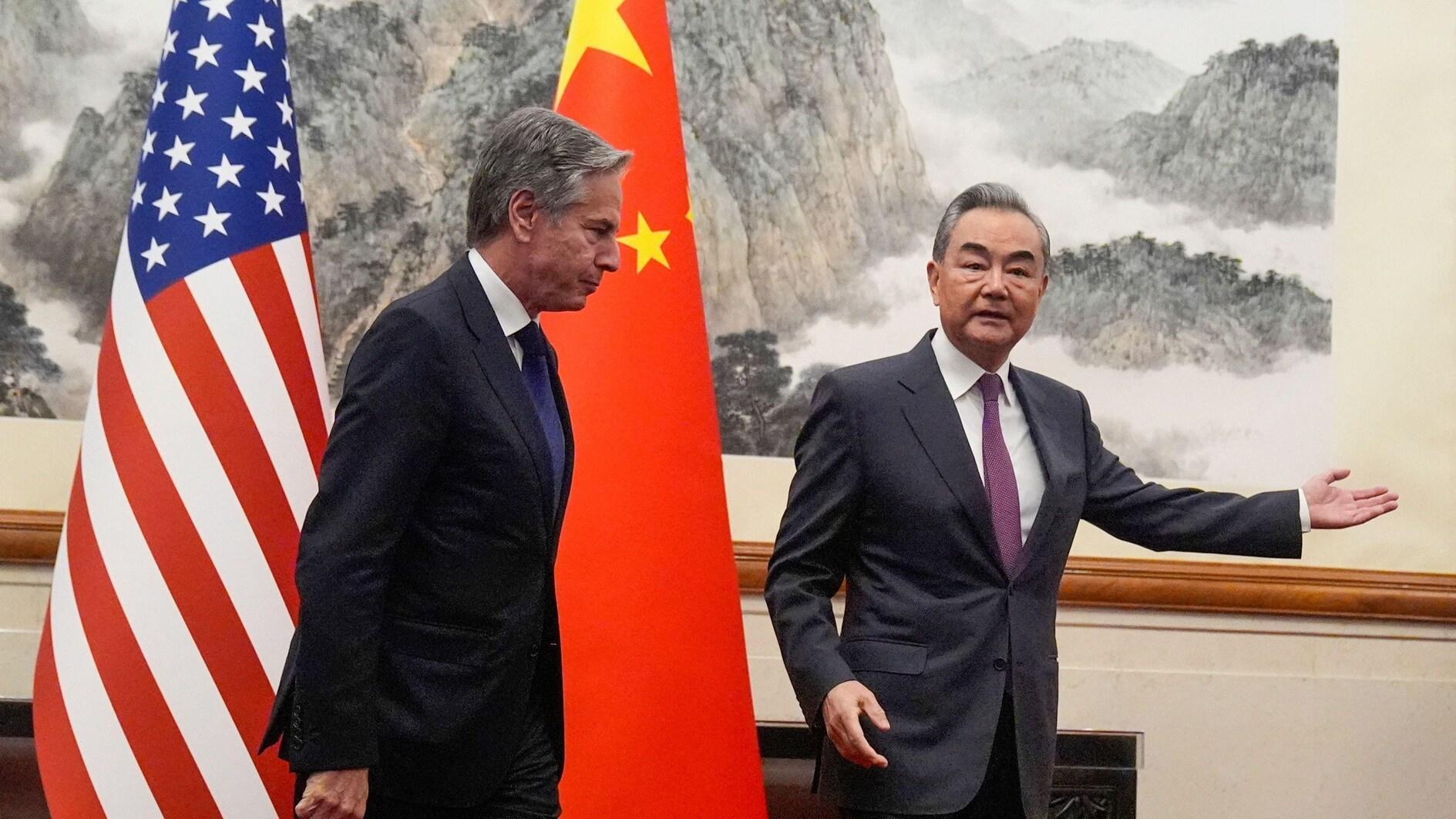French minister says Merkel’s eurozone plans fall short
BERLIN – Agence France-Presse

French Finance Minister Bruno Le Maire said on a visit to Berlin on June 8 that while Paris welcomed Chancellor Angela Merkel’s proposals for eurozone reforms, they needed to "go further".
Merkel last weekend gave her most detailed response to date to French President Emmanuel Macron’s call for an ambitious overhaul of the system governing the single currency.
She told the Frankfurter Allgemeine Sonntagszeitung ahead of a crunch EU summit this month that Germany as the eurozone’s top economy would support a rainy-day fund for needed investments and a new mechanism to help debt-mired member states among other initiatives.
"It is a courageous response that goes in the right direction," Le Maire told AFP.
"Is it sufficient? No. We think you have to go further and that this is a unique, historic occasion to make very significant progress toward better integration of the eurozone."
On Sunday, Macron’s office had hailed what it said was Merkel’s move "towards the French view".
However the size of the investment fund remains the biggest bone of contention between Paris and Berlin, traditionally the twin engines of European integration.
Merkel said she would support an investment budget whose total would be "at the lower end of the double-digit billions of euros range".
France, however, is aiming far higher, seeking a budget amounting to "the equivalent of several points of the GDP of the eurozone".
"If there is a crisis that hits Spain, Portugal, France or Italy, we would have a budget that would allow us to keep up spending for investment, innovation, research and the competitiveness of member states," Le Maire said.
In Germany, voters are deeply wary of their tax money going to bail out southern European countries they see as spendthrift and risk-prone.
Merkel has long preached austerity for crisis-plagued countries as a means of taming their public debt problems and getting on a more sustainable course.
Critics argue the policy has trapped countries in cycles of low growth while stripping away vital public services and compounding the suffering of their populations.
"Discipline without solidarity leads to an impasse -- it doesn’t just rob people of hope but leads to political upheaval," Le Maire warned during a 50-minute address delivered in German to an audience of business executives.
















